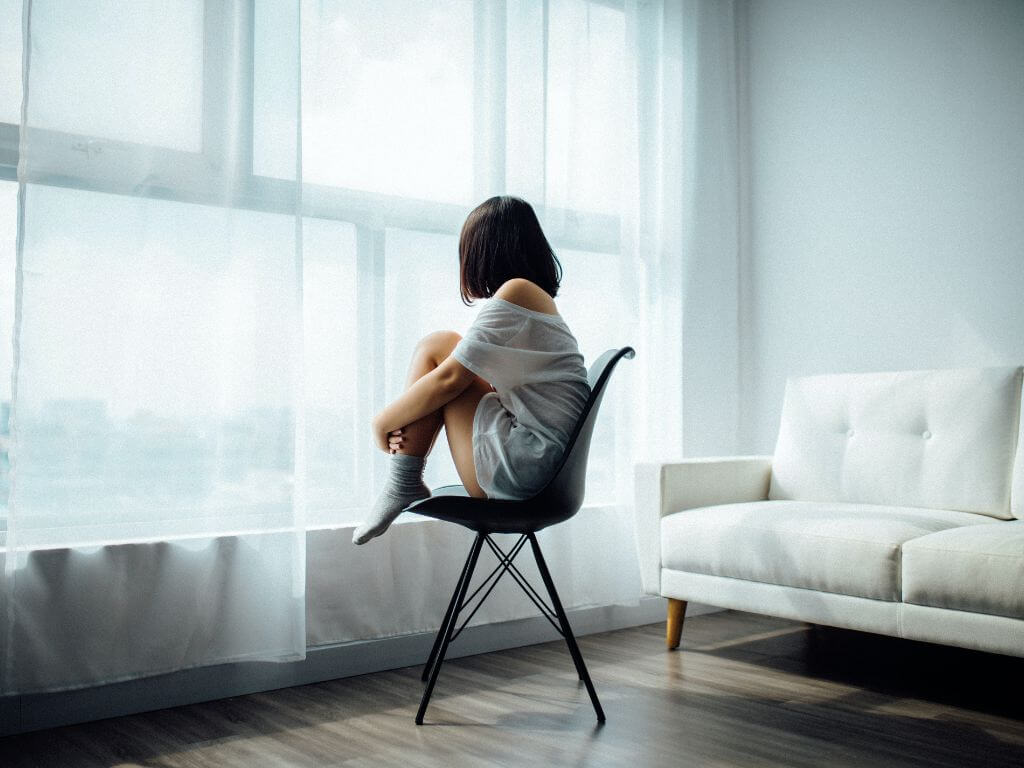We continue our series where Dr. Monica Vermani answers questions about live, love and everything in between.
Dr. Monica Vermani is a Clinical Psychologist specializing in treating trauma, stress and mood & anxiety disorders, and the founder of Start Living Corporate Wellness. She is a well-known speaker, columnist and advocate in the field of mental health and wellness. Her book, A Deeper Wellness, is now available on Amazon, and her in-depth online self-help program, A Deeper Wellness, offers powerful mental health guidance, life skills, knowledge and healing, anywhere, anytime.
Dear Dr. Monica,
I’m not a winter person! I’m looking out the window at the first snowfall of the year and feeling low, almost depressed. All I want to do is stay indoors until spring. Every winter I gain weight, avoid socializing on cold winter nights and even skip going to the gym. What can I do to feel better when the weather outside just seems to get worse?
Signed, Iced Out

Dear Iced Out,
In late autumn and early winter, our circadian rhythms — also known as our internal clocks — are negatively impacted by the diminished quality and quantity of sunlight. We all feel the absence of the sun to some degree, but for some of us, the shorter days and the diminishing access to natural light bring on Seasonal Affective Disorder (SAD).
Many of us experience the occasional bout of the winter blues. But some of us are more vulnerable to it and find it hard to shake mild symptoms, like low moods, cravings for comfort foods, and lethargy. And few of us suffer from more severe symptoms and can experience a deep, debilitating depression.
Symptoms of SAD include feelings of depression, a lack of interest in things, low energy, and feeling sluggish. People suffering from SAD often have difficulty concentrating. They often have trouble falling and staying asleep. Many SAD sufferers overeat and experience significant weight gain, and many tend to withdraw socially. In extreme cases, people struggling with SAD suffer through clinical Seasonal Depression and may experience suicidal thoughts.

To combat these seasonal changes, stay active and in touch with friends and family. Expose yourself to natural light whenever possible in the middle of the day. Consider using a light box — essentially a lamp that mimics the sun’s rays. Twenty minutes in front of a light box in the morning can be a highly effective means of combatting low moods and energy levels. Make sure to get quality sleep each night. Limit carbohydrate-rich processed and ‘comfort’ foods and poor dietary choices. Consider including a vitamin D supplement in your diet in the winter months.
If you are experiencing severe symptoms, seek professional help. There are effective ways to treat severe SAD. A visit to a general practitioner is a great first step to getting the help you need.
Main Image Photo Credit: www.unsplash.com
Dr. Monica Vermani
Author
Dr. Monica Vermani is a Clinical Psychologist who specializes in treating trauma, stress, mood & anxiety disorders and is the founder of Start Living Corporate Wellness. Her book, A Deeper Wellness, is coming out in 2021. www.drmonicavermani.com














































































































